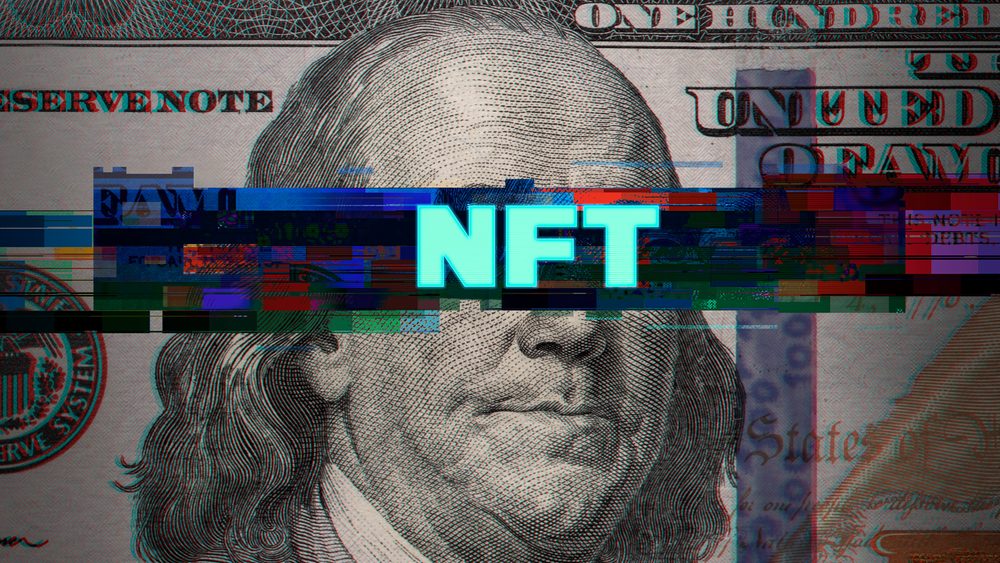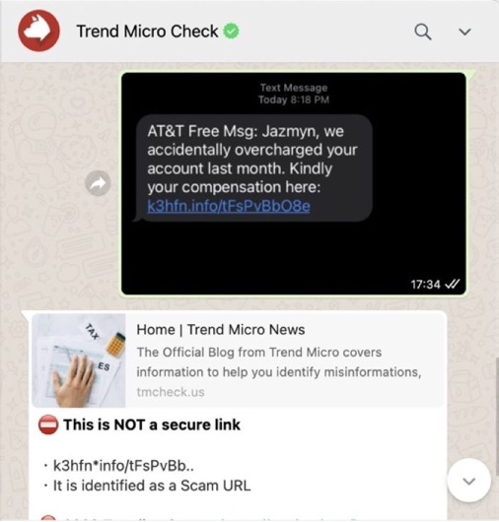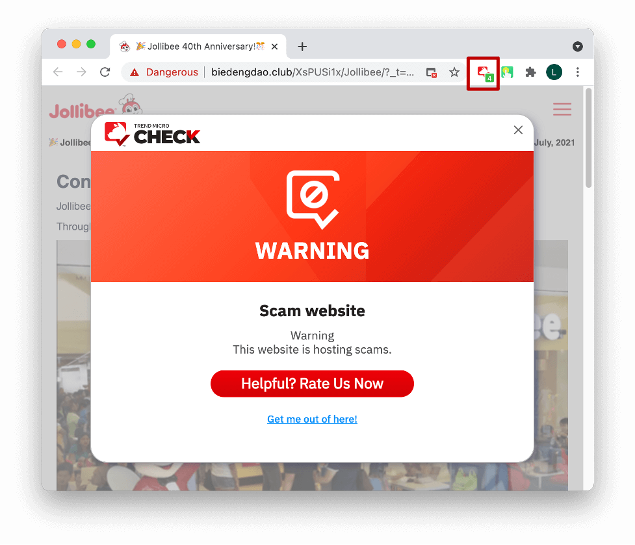Top 5 NFT Scams & How to Avoid Them

What is an NFT? Are NFTs legitimate? Will I be scammed? No matter if you are just a freshman or an NFT expert, you should be alert and suit up with some safety tips to protect yourself from NFT scams!
Let’s start with how to buy NFTs
- First, you need to get a digital wallet, like Coinbase or MetaMask. A valid ID is required to verify your account. You will need to install it on your browser or your phone.
- Load it up with some Ethereum (ETH), using any cryptocurrency exchange platform.
- Link your wallet to NFT trading websites to start placing bids!
Top 5 NFT Scams
1. Fake NFT Websites
There is not a central or official website for NFTs. Creators can decide where to sell them and there are plenty of NFT trading websites to choose from. However, scammers have created fake NFT trading sites that look legitimate to trick you.
There WON’T be real NFTs on scam websites. They might simply be phishing websites, functioning like online forms to record all the credentials you submit (like the recovery phrase for your MetaMask wallet) and use them to gain access to your wallet and transfer all your cryptocurrency away.
Safety Tips
- Check the price of the NFT. Is it much lower than usual?
- Check if the seller / collection is verified. Look for a blue check mark beside their username, and the listing of the collection’s properties.
- Check if the contact address of the NFT aligns with that from its creator’s website.
- Check if a website is a scam with useful tools — go to Scamadviser’s homepage and enter the web address you want to check:

- Use Trend Micro Check to spot the scams with ease:
1. Send suspicious links to Trend Micro Check on WhatsApp or Messenger for immediate scam detection:

2. Free bulletproof on-the-go protection against scams: it detects and blocks dangerous websites automatically (available on Google Chrome, Microsoft Edge, and Safari):

The best way to avoid NFT scams is to stay on legitimate websites! Most people know OpenSea — the most popular all-in-one NFT trading website. Here’s a list of other legitimate NFT marketplaces:
NFT for art
- Super Rare – Presents you with a more organized NFT artwork list from the world’s best artists.
- Foundation – Also has a neat layout of NFT collections.
- Nifty Gateway – Users are allowed to use credit card to make purchases here, making it more convenient for new comers.
- Rarible – It is known for being user-friendly. Easy to upload works.
- Mintable – Anyone can create and sell their NFTs here.
- Zora – An invite-only website for art NFT trading.
NFT for sports
- NBA Top Shot – You can collect videos of the best NBA shots as NFTs here.
- Sorare – Buy digital cards for soccer players and have your own virtual game.
NFT for gaming
- Axie Infinity – You can collect and breed pets in this Pokémon-inspired game.
- Street Fighter – Now there are NFT collectibles for this classic arcade game.
- Myth.Market – Get your NFT memorabilia and trading cards here.
- Treasureland – You can find a variety of gaming trading cards here.
NFT for digital real estate
- Decentraland – Built on Etheruem, this is where users can buy and sell virtual real estate.
NFT for Tweets
- Valuables – Yeah, you didn’t misread. Now Tweets are also traded as NFTs.
2. Phishing Emails
Besides fake websites, scammers also pose as famous NFT trading sites and send fake email notifications about offers regarding your NFT, luring you into clicking on the embedded button to view details:

They also send fake security alerts via email:

The buttons will take you to a phishing website. The fake page will ask you to link your wallet and submit a recovery phrase. Scammers can record the credentials and hack into your wallet to steal every cent.
Safety Tips
- Never click on links or attachment from sources you don’t know, though it may seem legitimate.
- Go to the official website of the platform / company for help directly.
3. Fake NFT Support
Scammers will also get in touch with you, impersonating fake support staff on Discord. For example, when you are seeking technical support, they contact you and claim to be from OpenSea.
Then the scammer may instruct you to share your screen and eventually trick you into exposing the security phrase to your wallet by taking a screenshot of it. Or, he might send you a link to a fake customer service website, where you will be asked to type in credentials. Stay alert!
Safety Tips
- Turn to official customer service of the NFT trading sites for help instead of believing in someone who contact you via social media.
- Be smart with your wallet credentials and NEVER share your seed phrase (recovery phrase).
4. Fake Giveaways
There are always people falling for fake giveaways. Again, scammers pretend to be from famous NFT trading sites and find you on Discord or Telegram.
They falsely claim they have a giveaway and promise you free NFTs, asking you to help promote their messages and to participate via scam or phishing websites! Their goal is to steal your wallet credentials.
If an offer seems too-good-to-be-true, then it probably is!
5. Fake NFT Projects (Rug Pull Scams)
New NFT projects pop up and gain popularity, but which ones are legitimate? In a “rug pull” scam, the cryptocurrencies can’t be circulated and owners can’t re-sell the tokens, making its price plummet. In such schemes, the only one who profits are the creators of the digital tokens.
In other cases, such investment scams are committed by romance scammers. Romance catfishers try to lure you into investing in some NFT projects. They might send you links to fake NFT websites, or ask you to wire them money. Be careful!
Safety Tips
- Always use legitimate wallet app / browser extensions to avoid phishing. There are many malicious apps impersonating as official ones.
- Do the research about your investment!
If you’ve found this article helpful, please do SHARE to protect your family and friends!